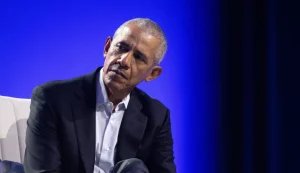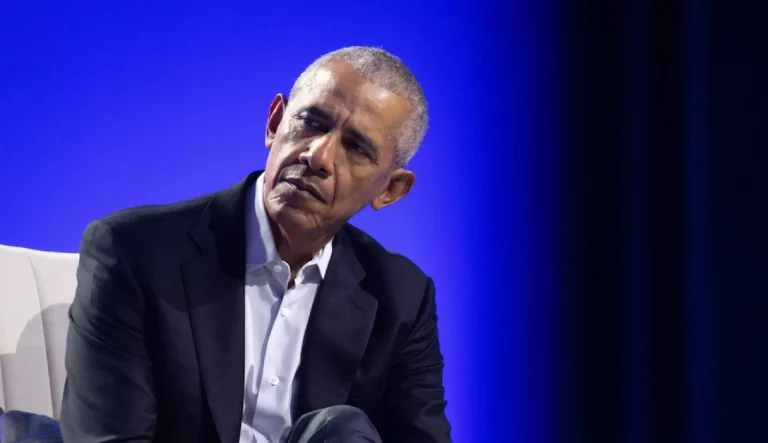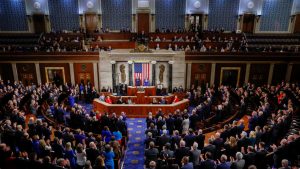NOTE: VIDEO AT THE END OF ARTICLE
The Department of Homeland Security (DHS) has announced new restrictions on how members of Congress and their staff can access Immigration and Customs Enforcement (ICE) facilities across the country. The updated policy, released earlier this week, has already sparked debate on Capitol Hill and among civil rights groups.
Under the new guidelines, congressional staff must now give at least 24 hours’ notice before visiting an ICE detention center. Lawmakers planning to visit an ICE field office—locations that are not detention centers—must now submit their request at least 72 hours in advance. DHS clarified that field offices are used primarily for administrative processing and do not fall under the same legal protections that allow for unannounced congressional visits to detention facilities.
The policy change comes in response to a series of recent visits by Democratic lawmakers, some of which became contentious. A high-profile incident occurred in May when several Democratic members of Congress, Newark Mayor Ras Baraka, and protestors entered an ICE facility in Newark without prior coordination. DHS officials later described the action as a security breach that endangered federal personnel and disrupted operations.
While Section 527 of the FY2024 Consolidated Appropriations Act grants lawmakers the right to visit detention facilities without advance notice, the DHS maintains that this law does not apply to field offices. The department also emphasized that it retains the authority to temporarily deny access to any facility in cases of operational or security concerns.
Critics of the new rules, including Democratic lawmakers and immigration advocates, argue that the policy undermines congressional oversight and reduces transparency in federal immigration enforcement. Representative Bennie Thompson (D-MS) called the move “an affront to constitutional checks and balances.”
Supporters of the change, including DHS officials, argue the guidelines are necessary to maintain order and ensure the safety of both detainees and federal employees. They say recent uncoordinated visits created operational disruptions and raised security risks.
The debate continues to intensify as more lawmakers voice concerns about how this shift could impact their ability to investigate conditions at immigration facilities and hold ICE accountable.

James Jenkins is a celebrated Pulitzer Prize-winning author whose work has reshaped the way readers think about social justice and human rights in America. Raised in Atlanta, Georgia, James grew up in a community that instilled in him both resilience and a strong sense of responsibility toward others. After studying political science and creative writing at Howard University, he worked as a journalist covering civil rights issues before dedicating himself fully to fiction. His novels are known for their sharp, empathetic portraits of marginalized communities and for weaving personal stories with broader political realities. Jenkins’s breakout novel, Shadows of Freedom, won national acclaim for its unflinching look at systemic inequality, while his more recent works explore themes of identity, resilience, and the fight for dignity in the face of oppression. Beyond his novels, James is an active public speaker, lecturing at universities and participating in nonprofit initiatives that support literacy and community empowerment. He believes that storytelling is a way to preserve history and inspire change. When not writing, James enjoys jazz music, mentoring young writers, and traveling with his family to explore cultures and stories around the world.









